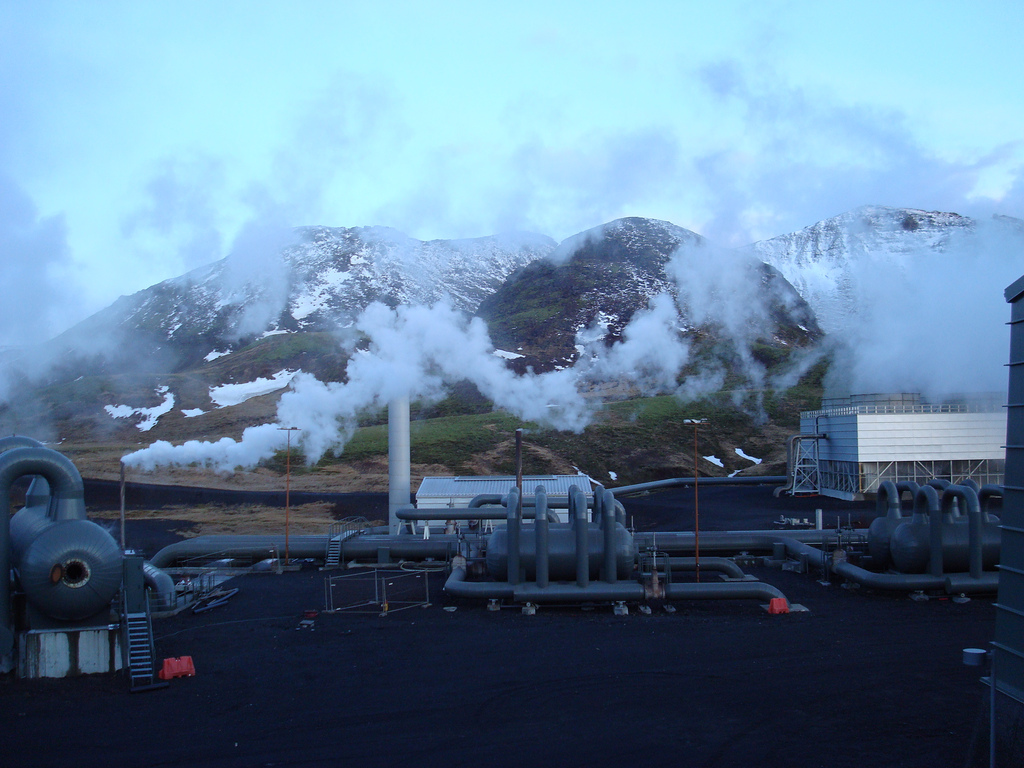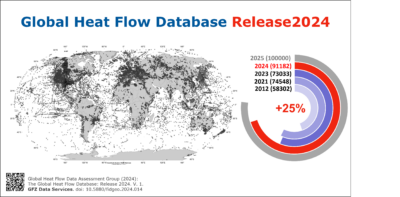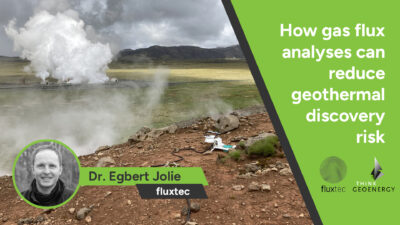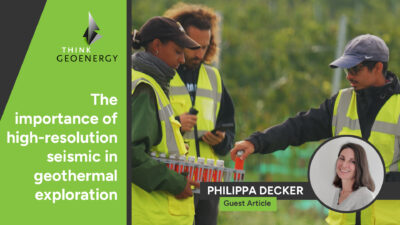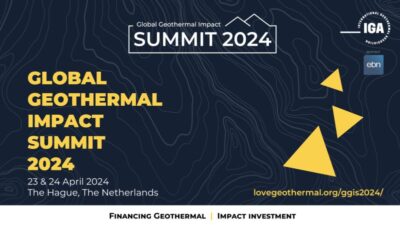World Bank/ ESMAP publish report on GHG emissions from geothermal plants
In a report published this week, the World Bank's ESMAP program provides an overview on the current knowledge of greenhouse gas emissions by geothermal plants.
In a report published this week, the ESMAP program of the World Bank, highlights the current knowledge on greenhouse gas emissions from geothermal plants. While much lower than from fossil fuel power generation facilities, there still are carbon emissions from geothermal operations which vary greatly depending on location.
Although GHG emissions from geothermal power are relatively low compared to emissions from fossil fuels, such emissions — under specific and rare conditions –can be significant. Certain geological conditions cause different levels of GHG emissions from geothermal power plants and natural factors can change emissions over time. Emissions from power plants or via natural pathways may also change with time in response to production.
The report discusses these factors; explores the available energy conversion technologies, which can reduce emissions levels; and presents a cost analysis of options for gas capture and treatment for different commercial purpose–another way to lower overall emissions released into the atmosphere.
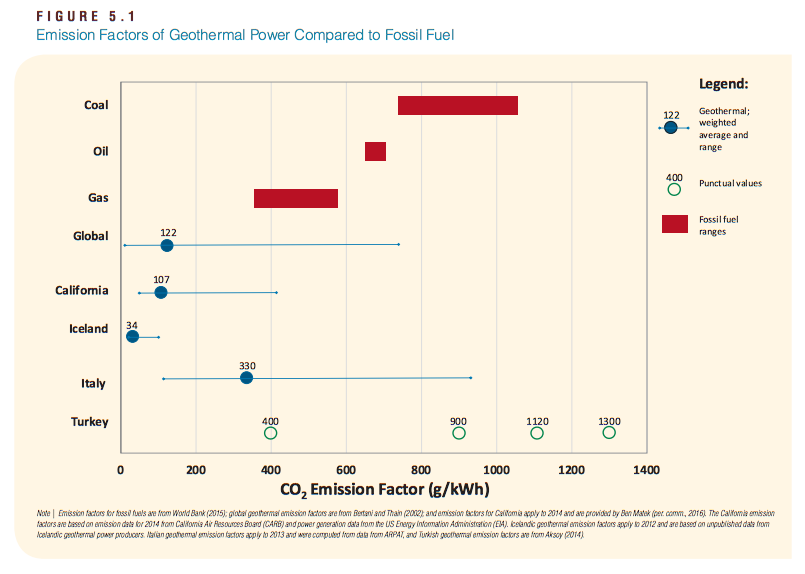
The report gives guidance to project developers and financial institutions on to how to estimate emissions, ex ante, from geothermal power projects, especially those being considered for financing by The World Bank and other multilateral development banks, or even the private sector.
Recommendations are made towards closing identified knowledge gaps relating to effects of production on GHG emissions over time. More importantly, the report offers insights on how concessional financing for investments in gas capture and treatment can be considered where GHG emissions from geothermal exceeds the national grid emission factor.
The Energy Sector Management Assistance Program (ESMAP) is a global knowledge and technical assistance partnership administered by the World Bank and funded by Australia, Austria, Denmark, Finland, France, Germany, Iceland, Japan, Lithuania, the Netherlands, Norway, Sweden, Switzerland, and the United Kingdom, as well as the World Bank. ESMAP’s mission is to assist clients-low and middle countries-to increase know-how and institutional capacity to achieve environmentally sustainable energy solutions for poverty reduction and economic growth. For more information, visit our website: www.esmap.org
The document can be downloaded via the link below.
Source: ESMAP (pdf)
